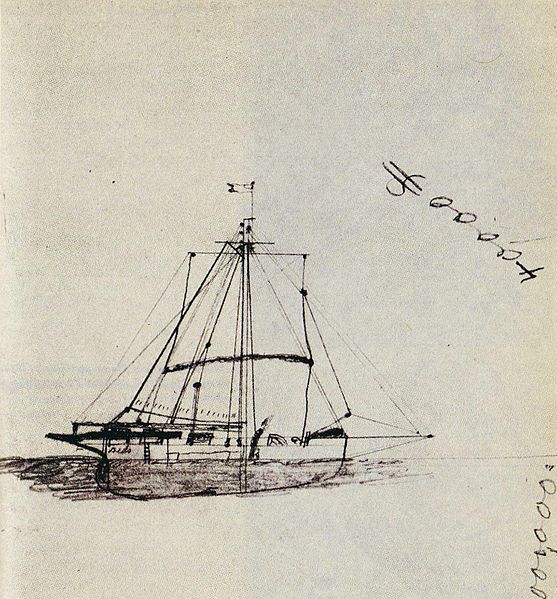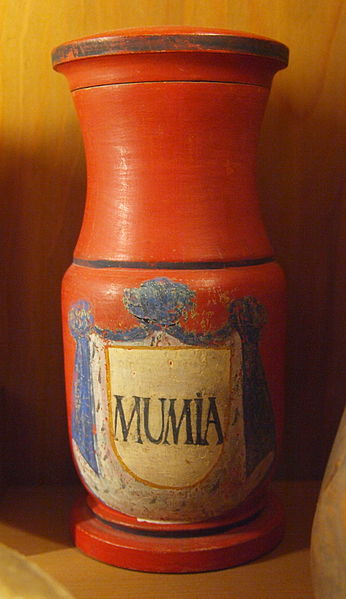R v Dudley and Stephens (1884) 14 QBD 273, DC is a leading English criminal case which established a precedent throughout the common law world that necessity is not a defence to a charge of murder. The case concerned survival cannibalism following a shipwreck, and its purported justification on the basis of a custom of the sea.
Sketch of the Mignonette by Tom Dudley
Captain Dudley, commander of the Mignonnette
Photograph of the lifeboat exhibited at Falmouth in 1884
The Euxine
Human cannibalism is the act or practice of humans eating the flesh or internal organs of other human beings. A person who practices cannibalism is called a cannibal. The meaning of "cannibalism" has been extended into zoology to describe animals consuming parts of individuals of the same species as food.
A cannibal feast on Tanna, Vanuatu, c. 1885–1889
Sketch of the Mignonette by Tom Dudley. In English common law, the R v Dudley and Stephens (1884) case banned survival cannibalism after maritime disasters, which had been a widely accepted custom of the sea.
Enemies being killed and roasted in South America – engraving by Theodor de Bry (1592)
An 18th-century albarello used for storing mummia. Medicinal cannibalism was widespread in many countries of early modern Europe.







